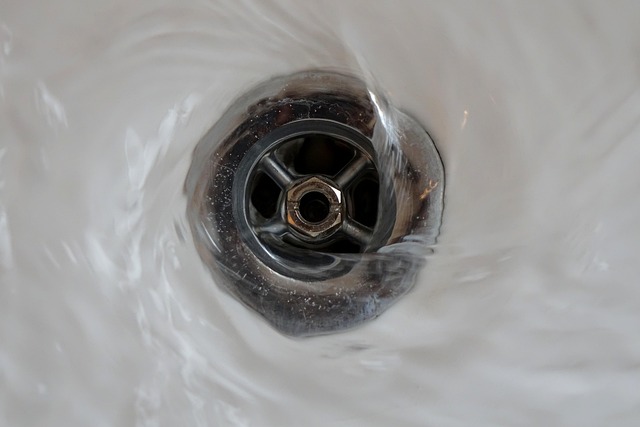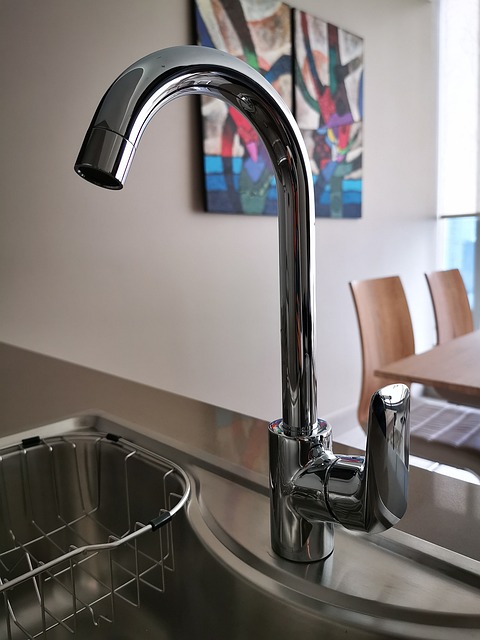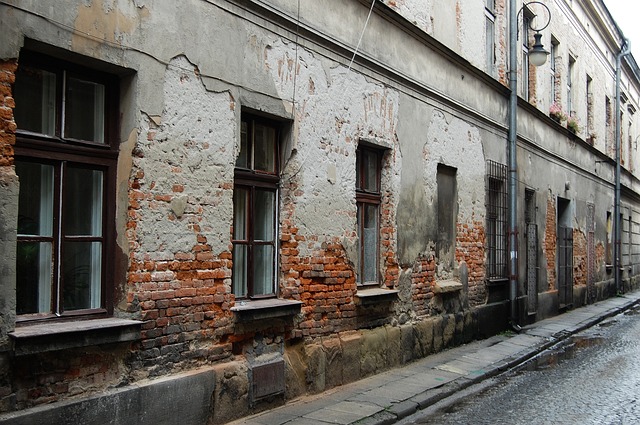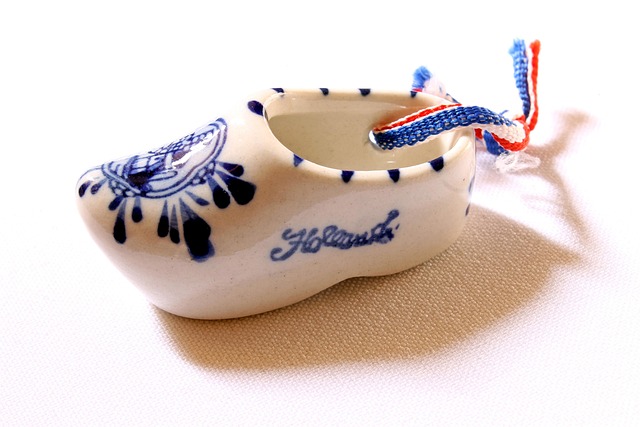Homeowners often overlook slow drainage as temporary, but ignored symptoms like slower speed, gurgling sounds, and recurring clogs can lead to serious plumbing issues caused by buildups like grease or tree roots. Quick action is crucial when noticing Signs of a Clogged Drain; natural remedies or professional plumbers can address problems, while regular maintenance and good habits prevent future clogs.
Are you tired of dealing with slow-draining sinks or showers? It might be more than just an inconvenience—it could be a sign of a hidden drain clog. Understanding the scary symptoms is key to avoiding plumbing nightmares. This article illuminates the subtle signs of a clogged drain, explores common culprits, and provides actionable steps to prevent future cloggings. Don’t let your pipes become a mysterious maze; learn to recognize and address these issues promptly!
- Recognizing the Warning Signs of a Clogged Drain
- Understanding Common Causes of Drain Clogs
- How to Address and Prevent Future Cloggings
Recognizing the Warning Signs of a Clogged Drain

Many homeowners often overlook the subtle signs that their drains are clogged, assuming it’s just temporary slow drainage. However, ignoring these warning signs can lead to more severe and costly plumbing issues. A blocked drain could be a result of various factors, such as built-up grease, hair, or foreign objects like toys or wipes. When a drain is partially or fully obstructed, water has difficulty flowing through, leading to several telltale symptoms.
One of the first signs is a noticeable reduction in water drainage speed. If you notice that your sink, bathtub, or shower drains more slowly than usual, it could indicate a clog forming downstream. Another common sign is gurgling sounds coming from drains, especially when running hot water. This occurs because the water cannot flow freely through the pipes, creating an inverse suction effect and causing air to bubble up. Also, if you experience recurring clogs or frequent backups, these are clear indications that something is consistently obstructing your pipes.
Understanding Common Causes of Drain Clogs

Many homeowners often overlook the potential dangers lurking within their pipes, only realizing the issue when it becomes a gaping hole or a burst pipe. However, one of the most common yet insidious problems is a blocked drain. Understanding what causes these clogs is the first step in prevention and maintenance. One of the primary culprits behind clogged drains are non-biodegradable materials like grease, food scraps, and sanitary products, which can stick to the pipes’ inner walls over time, slowing down water flow and eventually stopping it altogether. Additionally, tree roots seeking out moisture and nutrients in pipes can cause significant damage, leading to signs of a clogged drain such as reduced water pressure or complete blockages.
How to Address and Prevent Future Cloggings

If you’ve spotted signs of a clogged drain, it’s crucial to address the issue promptly. Start by trying a natural unclogger like baking soda and vinegar, or use a plumbing snake to break up any obstructions. If the blockage persists, call in a professional plumber who can identify the cause—from tree roots infiltrating pipes to household waste buildup—and employ effective solutions.
To prevent future cloggings, implement simple yet effective habits. Avoid pouring grease down the drain, use strainers on sink holes, and regularly clean pipes with hot water to dissolve built-up grime. Additionally, consider scheduling periodic drain maintenance to keep your plumbing system in top condition and minimize the risk of costly clogs.
In navigating the world of plumbing, recognizing the subtle signs of a clogged drain is crucial. Understanding these warning signs, like unusual drainage delays or gurgling sounds, can help you address potential issues before they escalate. By being proactive and implementing preventive measures, such as avoiding disposable items and regularly cleaning drains, you can keep your pipes clear and avoid costly cloggings. Remember, a little vigilance goes a long way in maintaining a smooth-flowing home.
